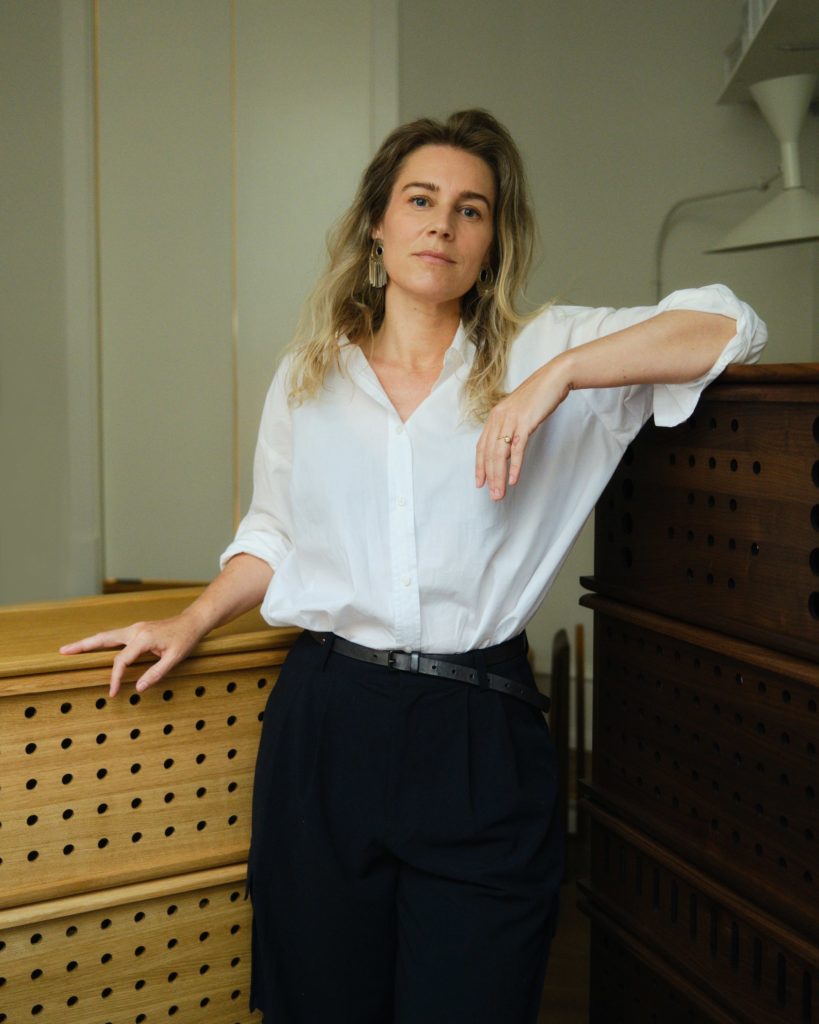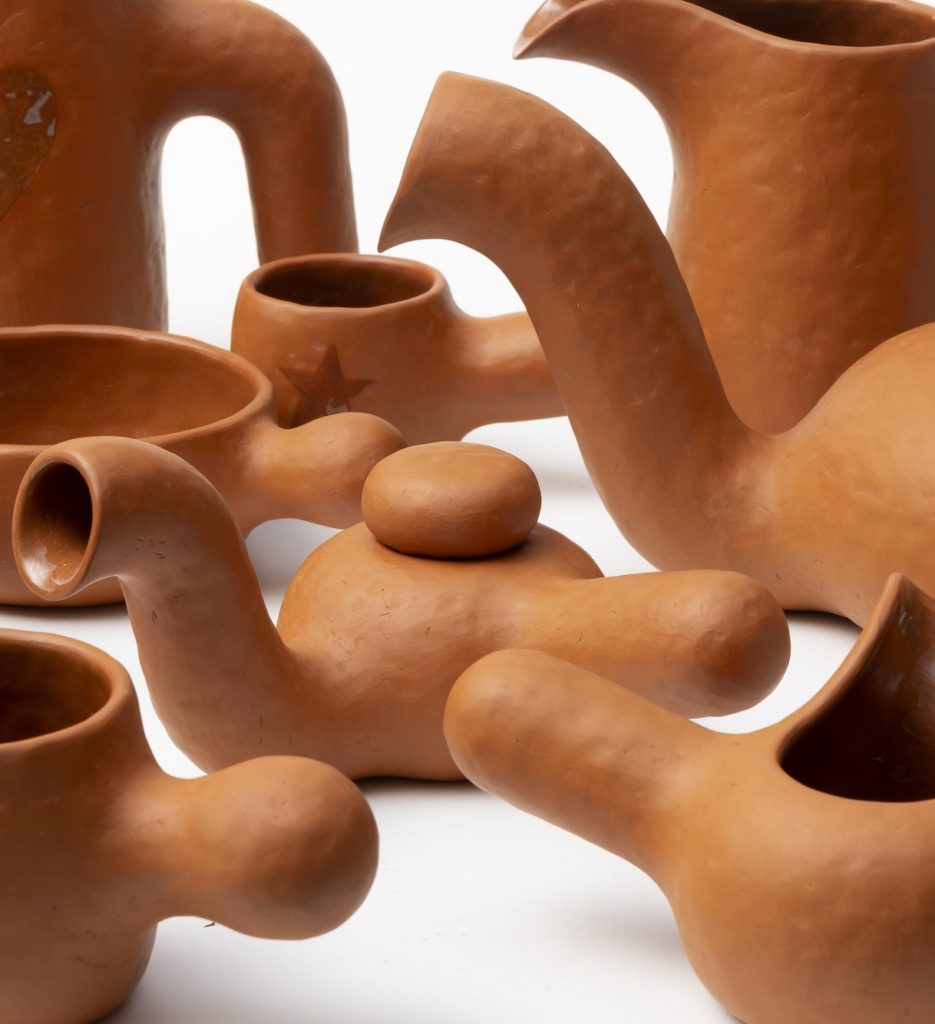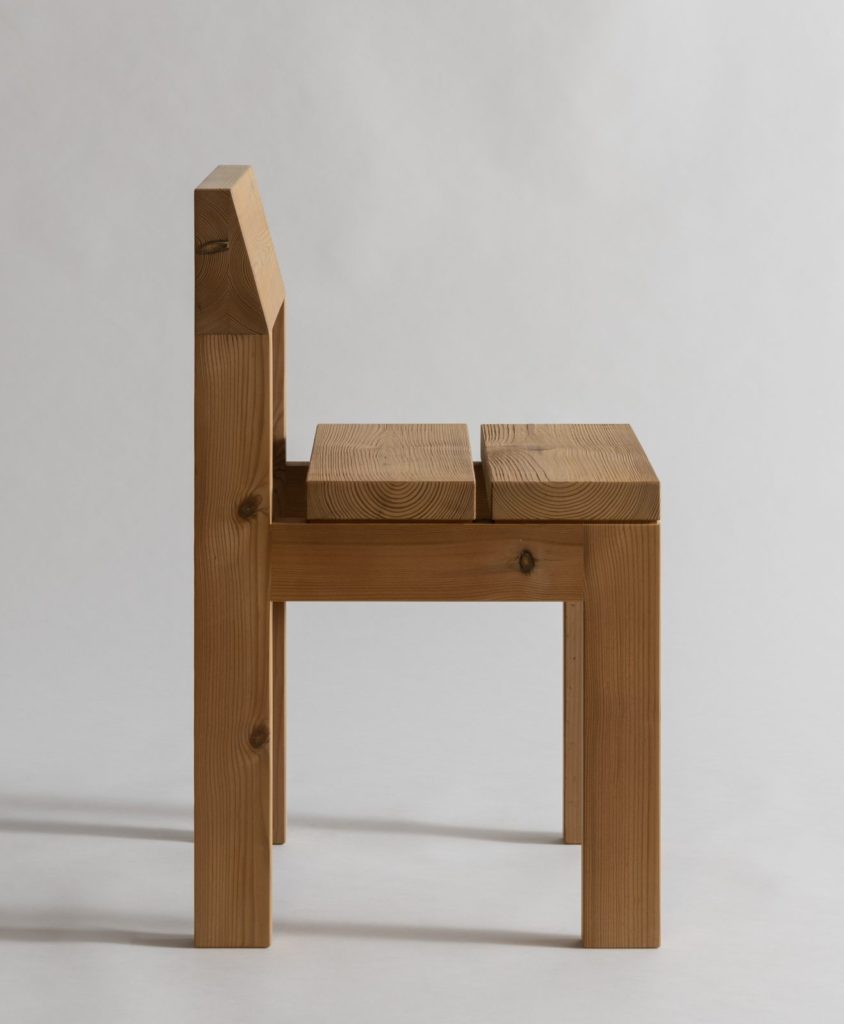Studiomama: A London-based design studio with Danish roots
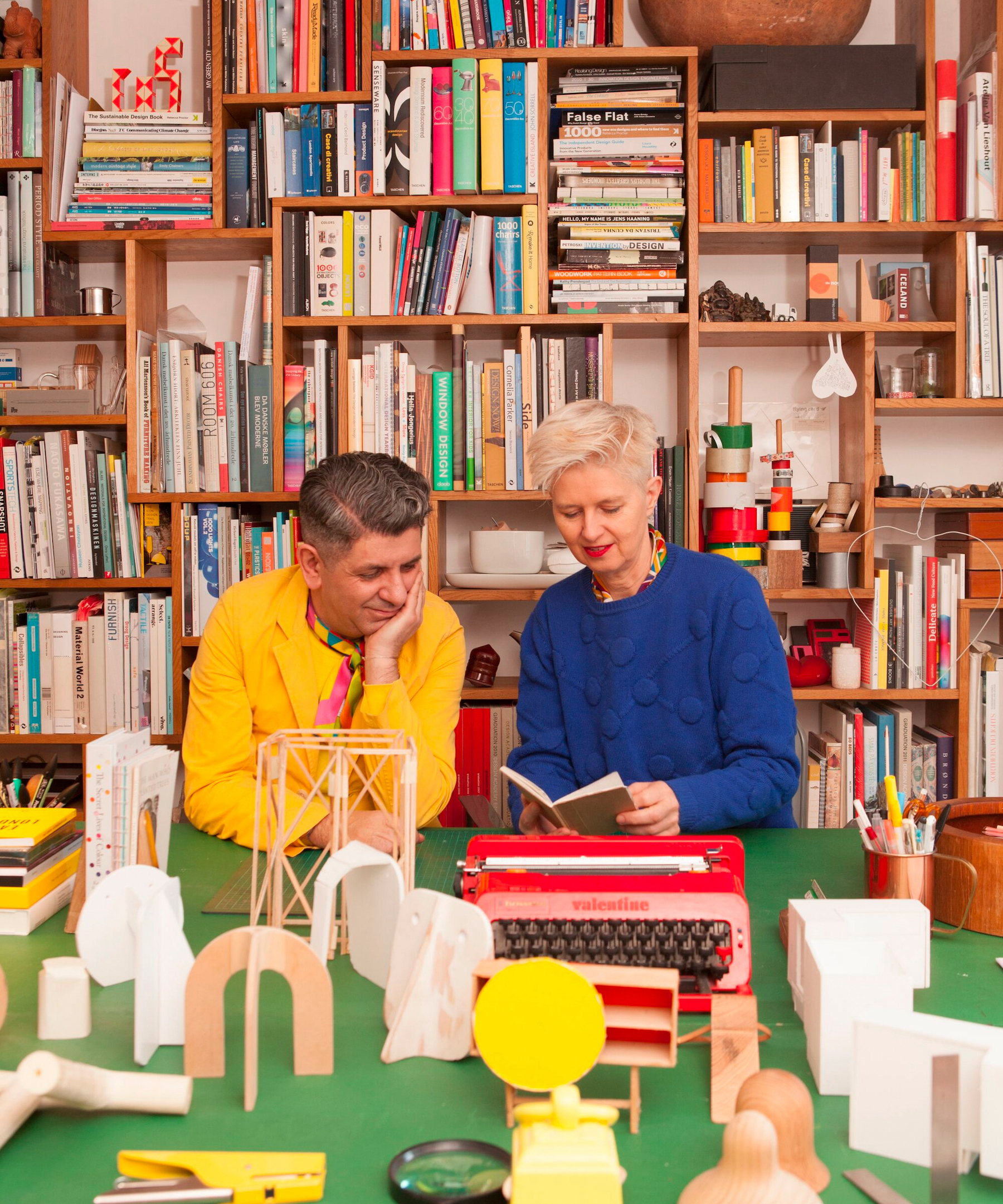
Located in the central London creative hub of Shoreditch, the multi-disciplinary studio of Nina Tolstrup and Jack Mama tackle projects across a range of professions, materials, functions and environments. Through Studiomama, the duo constantly surround themselves with skilled individuals that bring a collaborative sense of creativity to each project – whether a small sculpture or an entire restaurant. Channeling both her Danish roots and the international outlook of her studio, we chatted to Nina about how Studiomama manages to create such a strong creative language across a diverse body of work.
Having met Jack whilst creative director of Phillips Design in Eindhoven, the duo instantly found a connection through a shared love of art, design, architecture and objects. Despite the differences in their upbringing – Jack being English of Greek-Cypriot descent, and Nina from Denmark, they have always found common-ground in their design sensibilities and aesthetic leanings. Their first collaborative project in 2002, One Line for Habitat, demonstrates their holistic approach to design that remains today – a series of leaning shelves and accessories for the bathroom, which grew out of the couples own London rental apartment banning them from drilling into any walls. This opportunistic approach to design is something that can be seen within all of Studiomama’s projects, as Nina explains;
“We don’t distinguish in scale the type of projects that we take on, rather we adopt a holistic approach – taking into consideration the context of use and the relation to landscape, objects and spaces and how they are used. The commonality of our projects come with our love of the character and personality in whatever we design, whether it be a bookend or a restaurant. These qualities manifest themselves in how we materialise our design, for example the proportion, colour and use of materials.”
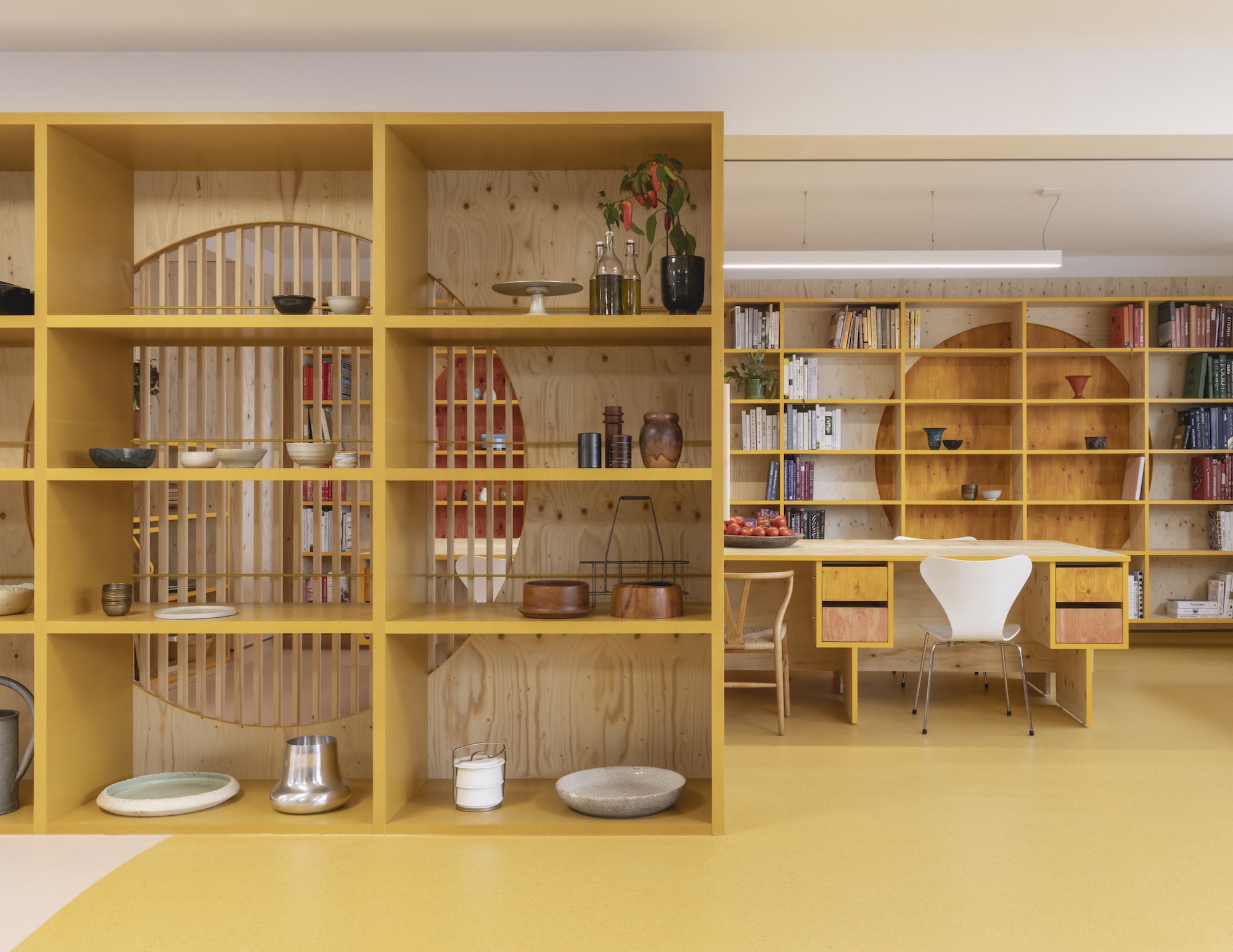
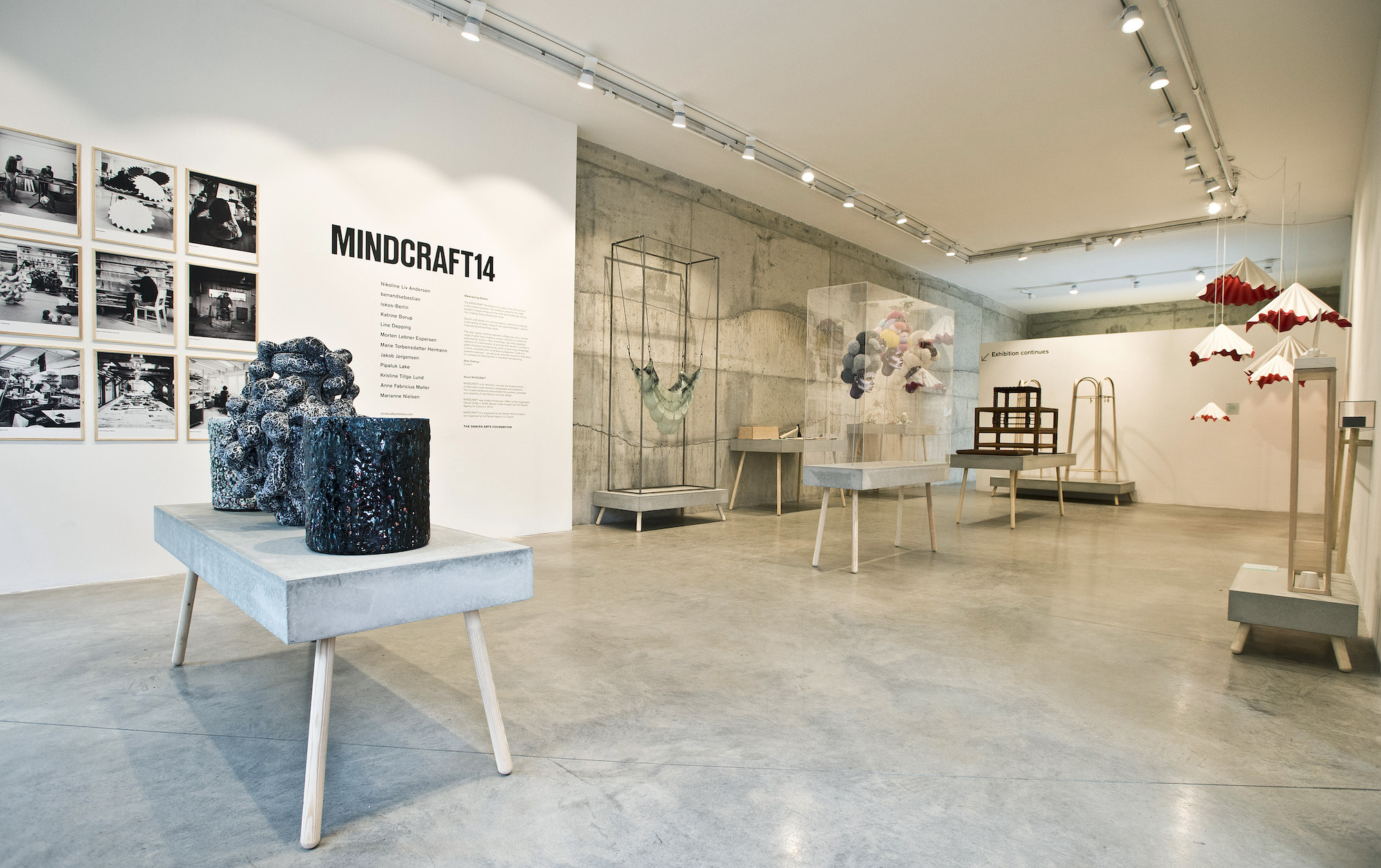
Studiomama’s open and inquisitive approach to their projects often incorporates materials considered cheap or undesirable, as well as many projects that re-use scrap materials and objects – giving them a second life. It is this aforementioned eye for proportion, colour and materiality that revitalises these overlooked or unwanted materials and objects and gives them their sense of value. The iconic Re-Imagined Collection for 19 Greek Street is a perfect example, combining throw-away steel frames and re-contextualising them through the addition of soft, rounded upholstery and bold colours. Their recent design of the Ottolenghi test kitchen is another, utilising off the shelf building materials whilst re-inventing the kitchens existing catering equipment to create a warm and welcoming space. Whilst this focus on positive environmental practices has been part of Studiomama since its foundation, Nina happily points out that the design industry is starting to catch up with similar practices;
“When we first started to work with recycled and up-cycled materials more than 20 years ago it was mostly one-off projects from our workshop. There was not a commercial market with recycled materials. Today we can source recycled sheet materials and we will work with these materials whenever possible… Our processes and use of materials are constantly measured up against their environmental impact, with new knowledge and materials forming part of an ongoing conversation with ourselves and our clients.”
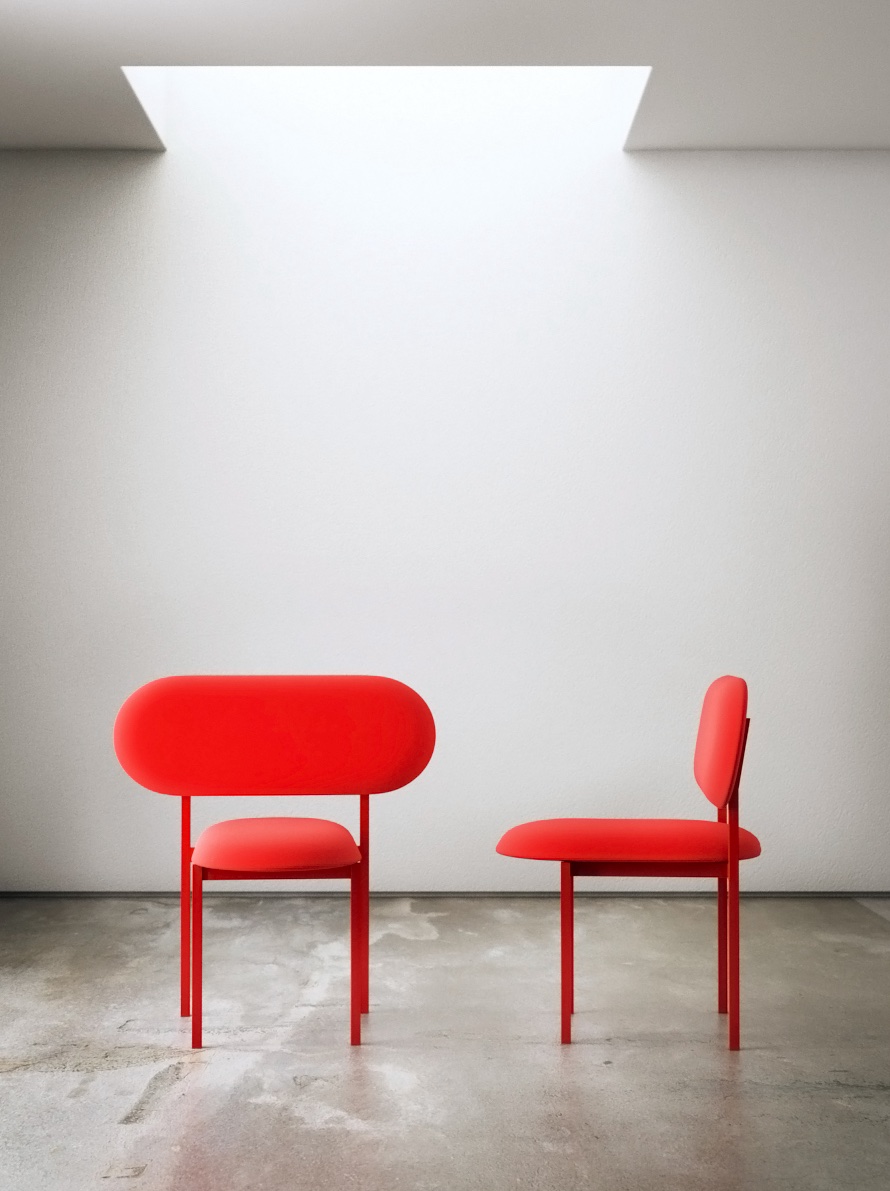
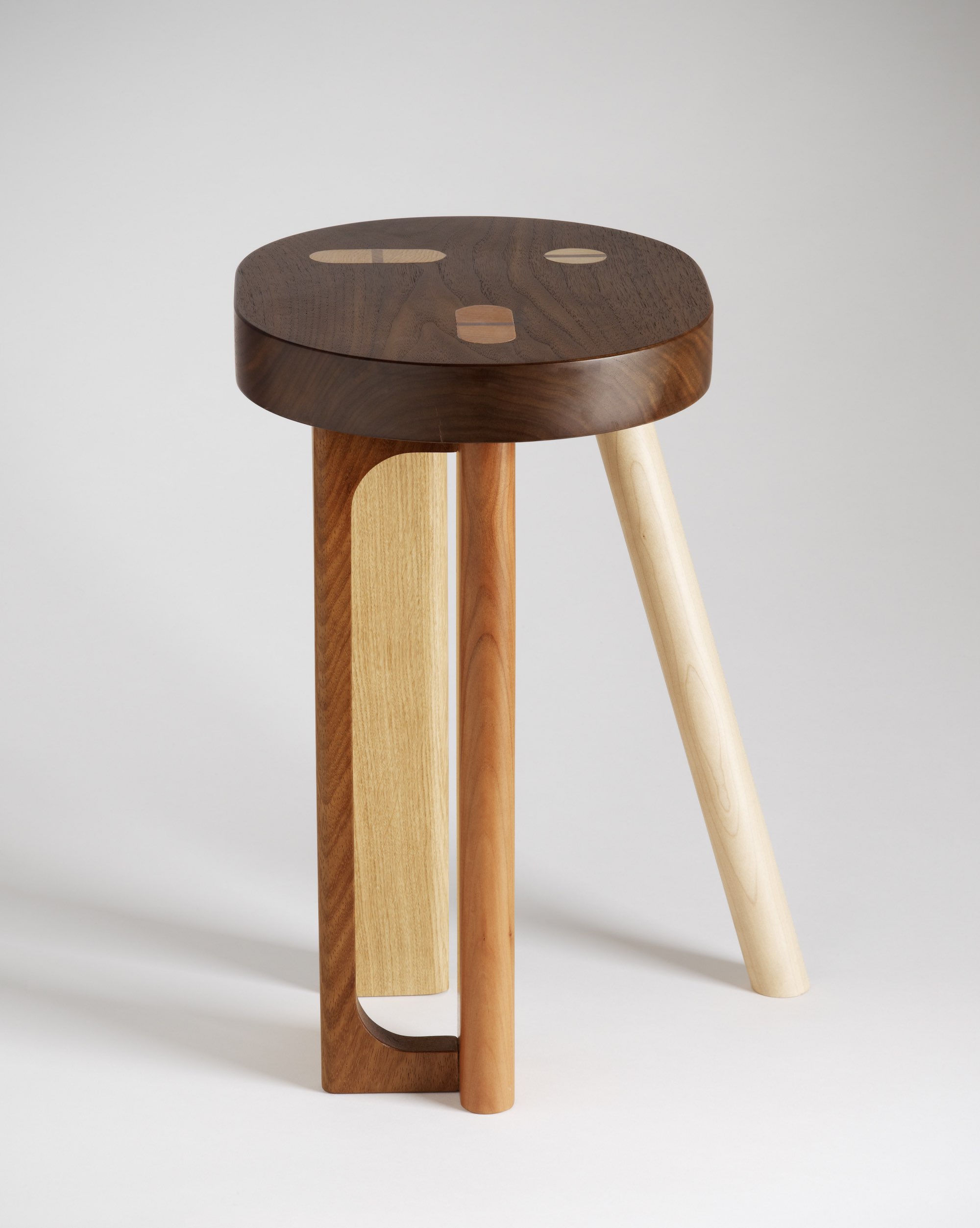
Whilst their approach to design touches on wider social and environmental issues, what makes the work of Studiomama so approachable is the spirit in which Nina, Jack and their team create. A sense of fun and play exudes from each object and space, with the end result speaking to the openness in which they start all of their projects. With the diversity of future projects on the horizon including products with Finish furniture company Vaarni, retail projects, residential refurbishments, a book, teaching and consulting work, it is the sense of enjoyment that Studiomama brings to their work that will always remain the defining factor of their studio. Their works invite you into a world that is inclusive and considered, one that is highly contemporary whilst being geared towards our collective future; a Studiomama future is one worth talking about.

